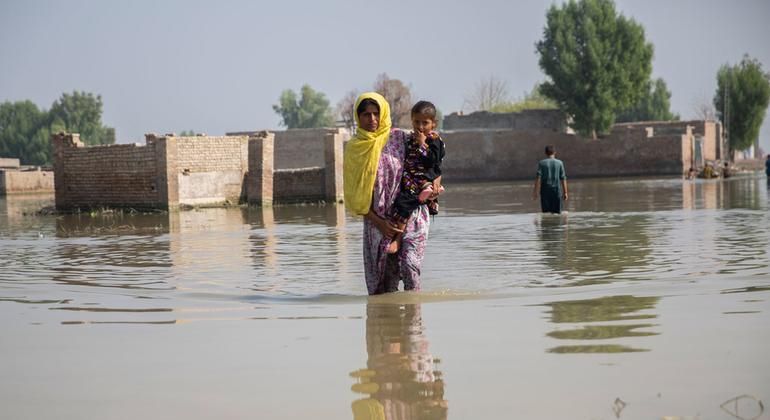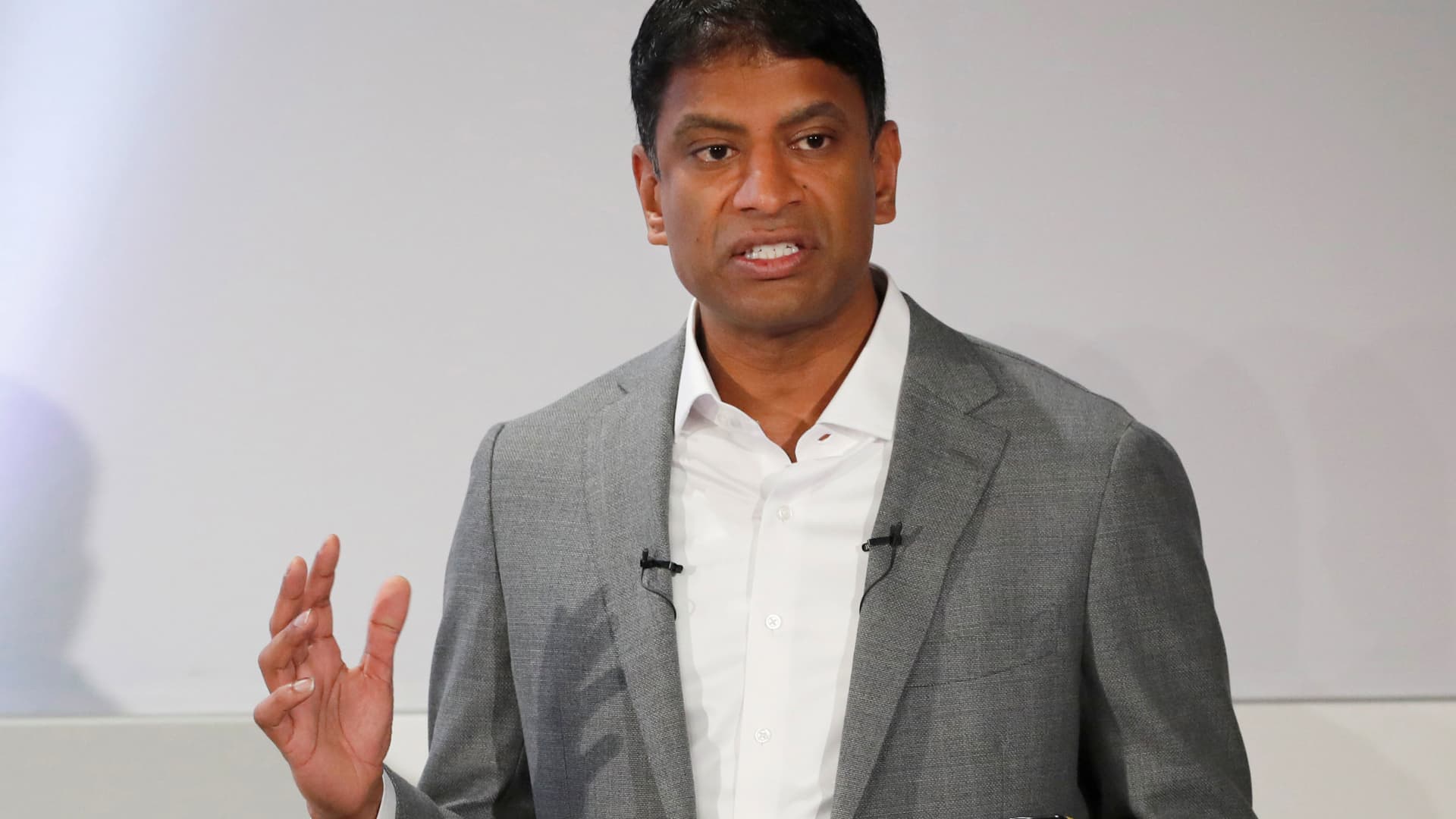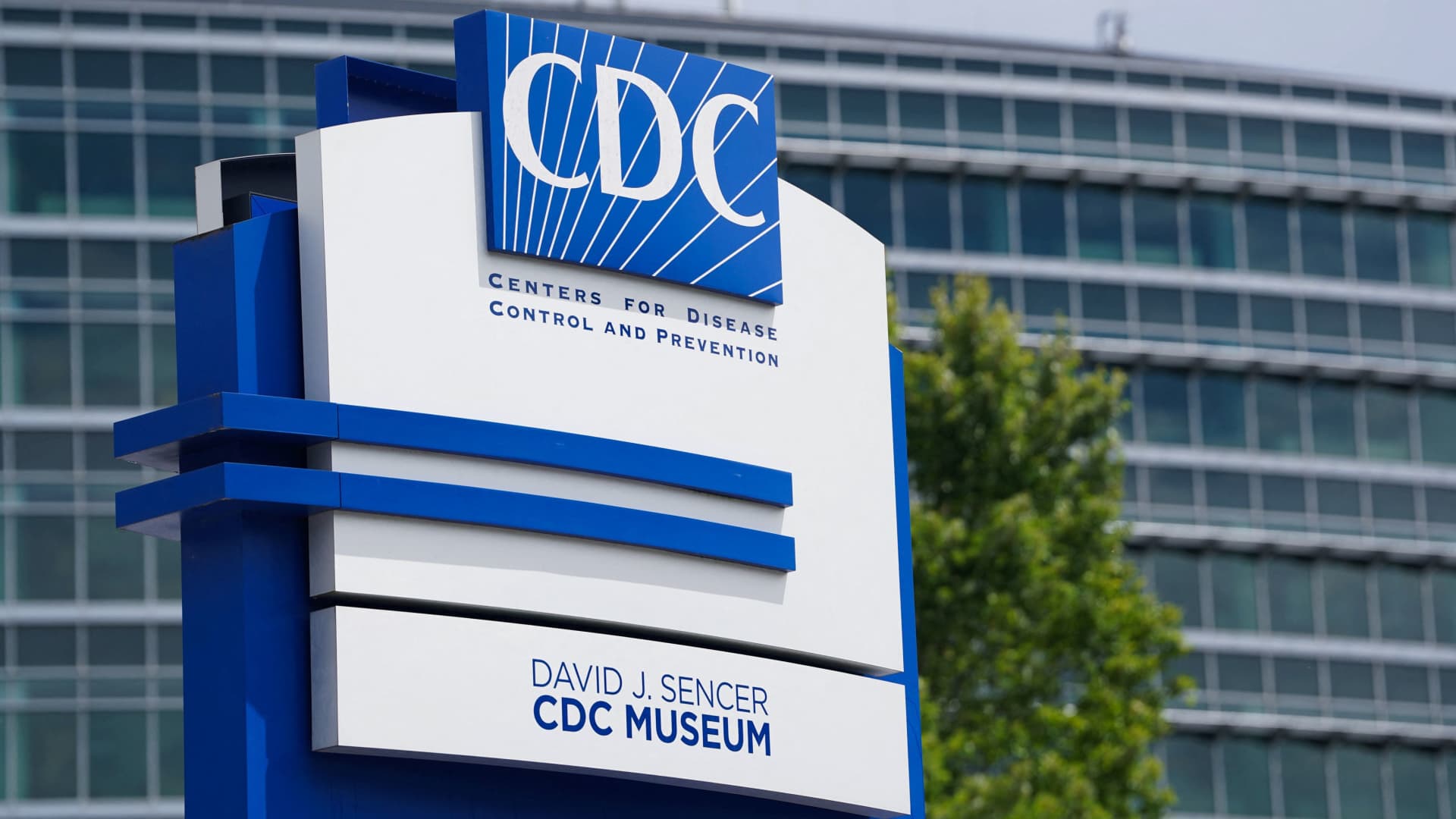Our planet has recorded higher average temperatures every year, and the year 2023 will be the hottest ever recorded. Ice sheets are melting at an unprecedented rate. Wildfires have made the air dangerous in some regions, while in others flooding periodically threatens to contaminate drinking water.
In this context, more and more people are affected by disasters, climate-sensitive diseases and other health conditions.
Climate change exacerbates some existing health threats and creates new challenges for public health. Worldwide, considering just a few health indicators, there will be 250,000 additional deaths per year in the coming decades due to climate change, according to the United Nations World Health Organization (WHO).
WHO Director-General Dr Tedros Adhanom Ghebreyesus told delegates at COP28 that conversations about environmental health, sea level rise and melting glaciers have long included the direct impacts of such climate crises on human health.
This first dedicated 'Health Day' at a COP highlights several key events, including public-private partnerships for healthcare climate action and the unlocking of relevant financial and policy commitments.
Ministers of health, environment and finance gave speeches alongside notable figures such as Bill Gates and US climate envoy John Kerry, all gathered at the Al Waha auditorium in Dubai's iconic Expo City to consider actions to address the impact of climate change on human health.
“Although the climate crisis is a health crisis, it is time that 27 COPs have passed without a serious debate on health. No more,” Dr. Tedros said.
He reiterated WHO's welcome to the new statement on accelerating actions to protect people from growing climate impacts that was endorsed on Saturday during the Global Climate Action Summit.
Worsening impacts
Climate change is directly contributing to humanitarian emergencies including heat waves, wildfires, floods, tropical storms and hurricanes. These climate crises and others like them are only increasing in scale, frequency and intensity.
According to the UN health agency, more than three billion people already live in areas highly susceptible to climate change.
Between 2030 and 2050, climate change is expected to cause tens of thousands of additional deaths each year due to malnutrition, malaria, diarrhea and heat stress alone.
These impacts on health and daily life are felt around the world, with indigenous communities often hardest hit.
'Listen to us and respect us'
UN News spoke with a delegate from the Brazilian youth organization 'Engajamundo', a youth-led group that focuses on addressing social and environmental challenges.
Reudji Kaiabi, belongs to the Kaiabi Yudja people who live in the Pequizal Village, Xingu, Mato Grosso region of Brazil, which contains three main ecosystems: the Cerrado, the Pantanal and the Amazon rainforest.
“Although our community is surrounded by forests, the changes have been affecting us greatly. We are seeing a lot of heat waves, our plantation is dying, the community is suffering. The river has started to dry up, the fish are dying and the animals can no longer live here,” she said, painting a shocking picture of the ways climate change is impacting his homeland.
“This is my first time at the COP and my intention as a young indigenous person is to see changes not only in my territory but in the entire world. Our request is to be heard, respected and taken into account in decision-making,” he stated.
Build resilience to climate impacts
At a ministerial-level meeting earlier on Saturday, Dr Tedros highlighted several elements that are crucial to building effective responses to meet the climate and health challenge.
He noted that leaders must understand that it is essential to focus on the nexus between health and climate impacts, so that health can be integrated into climate policies.
Equally important is engagement with communities, including marginalized and vulnerable communities, who are often at the forefront of the climate challenge.
“Their perspectives must be incorporated into mitigation and adaptation efforts.”
A massive investment in health services will be key to achieving these objectives, he stressed.
Dr Tedros also underlined the vitality of cooperation between countries, learning from successful examples from other countries and then implementing them in local contexts.
The path forward is clear: “We don't need to reinvent the wheel,” he stressed.












